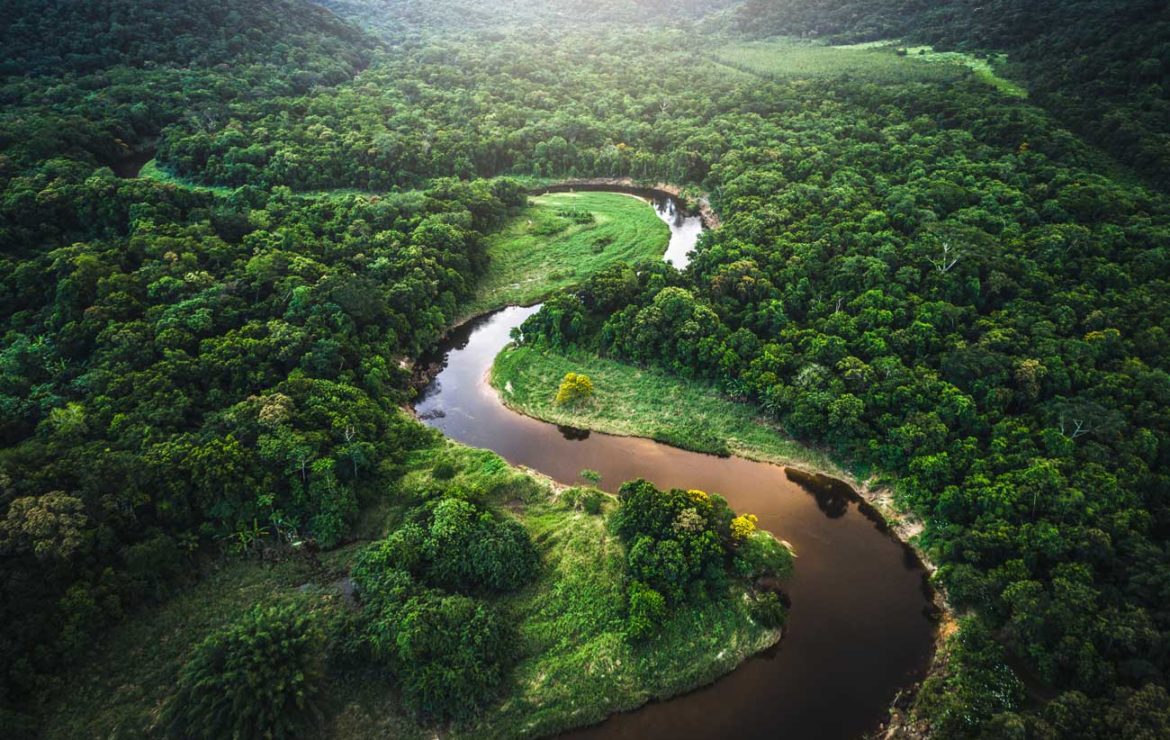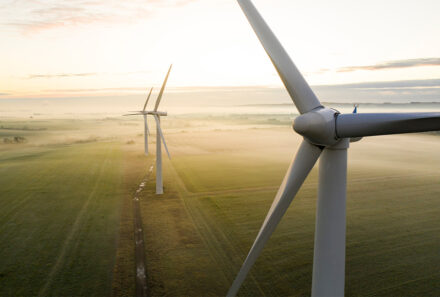
Five climate change facts you might not know
The devastating flooding in the Midlands and north of England, highest tides at Venice in more than 50 years and the widespread bush fires in Australia have all caught the eye in the news, with climate change blamed for all of them.
Since reliable temperature records began in 1850, the world has become one degree Celsius hotter than before the pre-industrial period. The implications of climate change on humanity, animals and the environment are worrying; the Paris Agreement focuses on keeping the global temperature rise to well below 2 degrees Celsius above pre-industrial levels, in an attempt to avoid severe, widespread and irreversible climate change effects.
The pictures on the news and statistics make one thing very clear — we need to act now to try and avoid the worst effects of climate change. Here are ten statistics related to climate change that show we should take action now:
1 — Our summers and winters are getting hotter
In February 2019, the UK recorded its warmest ever winter day for two days in a row, hitting 21.2°C in Kew Gardens; it’s the same in the summer too, with the Met Office warning that UK summers could be 5.4C hotter by 2070. Winters could be warmer by up to 4.2C, but they would also see much more rainfall, much like we are seeing in 2019.
2 — Rising seas will swamp homes
The Government’s Committee on Climate Change are warning that a sea rise of 1 metre is almost inevitable at this point. If that happens, up to 1.2 million UK homes may be at increased risk from coastal floods. Approximately 7,500km of road, 520km of railway line, 205,000 hectares of good farm land, and 3,400ha of potentially toxic historic landfill sites are also at much greater risk of flooding.
3 — UK’s wildlife populations plummeting
Populations of the UK’s most important wildlife have plummeted by an average of 60% since 1970, according to the State of Nature Report. The area inhabited by ‘priority species’ has shrunk by 27%. Iconic British wildlife like hedgehogs, hares, bats and numerous birds are all on the most threatened list. The huge dive in numbers is attributed to human activity, with much connected to changes in climate.
4 — More CO2 in the air than at any time in human history
A CO2 concentration of 415.26ppm in the atmosphere was recorded in May 2019 — the last time Earth’s atmosphere contained this much CO2 was more than three million years ago. Scientists are warning that CO2 levels higher than 450ppm are likely to lock in catastrophic and irreversible changes in the climate.
5 — UK likely to miss its transport emissions targets
The UK has around 210,000 electric vehicles on the roads, and while there is a steady growth in demand, only 2% of households own a hybrid, with just 1% owning an all-electric car. The UK has set a net zero target for transport emissions meaning all cars and vans on its roads will have to be all-electric by 2050, but if the country is to stand any chance of achieving these ambitious plans, tens of millions of petrol and diesel cars will have to be replaced.
Our CombiSave device can help you reduce your CO2 emissions while also lowering your water and gas bills; the ‘fit and forget’ combi-boiler device is an award-winning British innovation that reduces the amount of water and gas used in the initial heating process.
Installed on to your existing pipework close to the combi-boiler in just minutes, it restricts the flow of water until it has reached the required heat, potentially saving 28,000 litres of water each year and plenty of gas (therefore reducing emissions).
It’s a great step towards being more environmentally friendly, while also saving on your bills. It can also be installed within 30 minutes by your plumber, so why not ask them about it today and start saving tomorrow?
To find out more about the CombiSave, visit https://teddingtonheating.com/combisave







